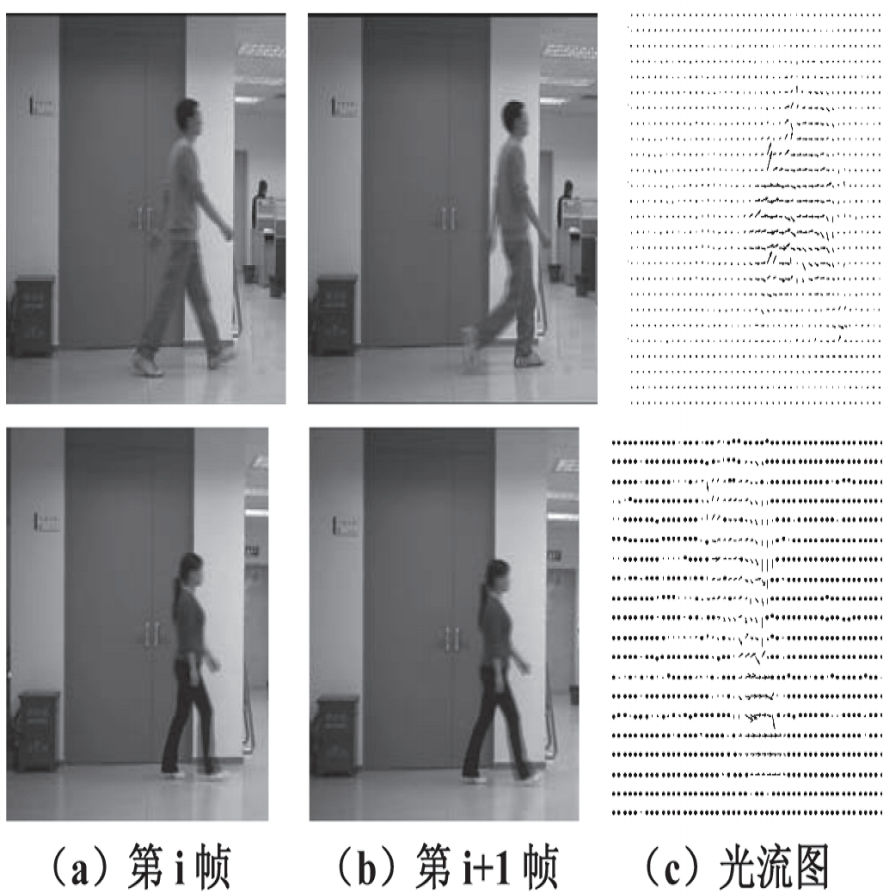Affective Behavior Analysis aims to develop emotionally intelligent technology that can recognize and respond to human emotions. To advance this, the 7th Affective Behavior Analysis in-the-wild (ABAW) competition establishes two tracks: i.e., the Multi-task Learning (MTL) Challenge and the Compound Expression (CE) challenge based on Aff-Wild2 and C-EXPR-DB datasets. In this paper, we present our methods and experimental results for the two competition tracks. Specifically, it can be summarized in the following four aspects: 1) To attain high-quality facial features, we train a Masked-Auto Encoder in a self-supervised manner. 2) We devise a temporal convergence module to capture the temporal information between video frames and explore the impact of window size and sequence length on each sub-task. 3) To facilitate the joint optimization of various sub-tasks, we explore the impact of sub-task joint training and feature fusion from individual tasks on each task performance improvement. 4) We utilize curriculum learning to transition the model from recognizing single expressions to recognizing compound expressions, thereby improving the accuracy of compound expression recognition. Extensive experiments demonstrate the superiority of our designs.
翻译:暂无翻译


